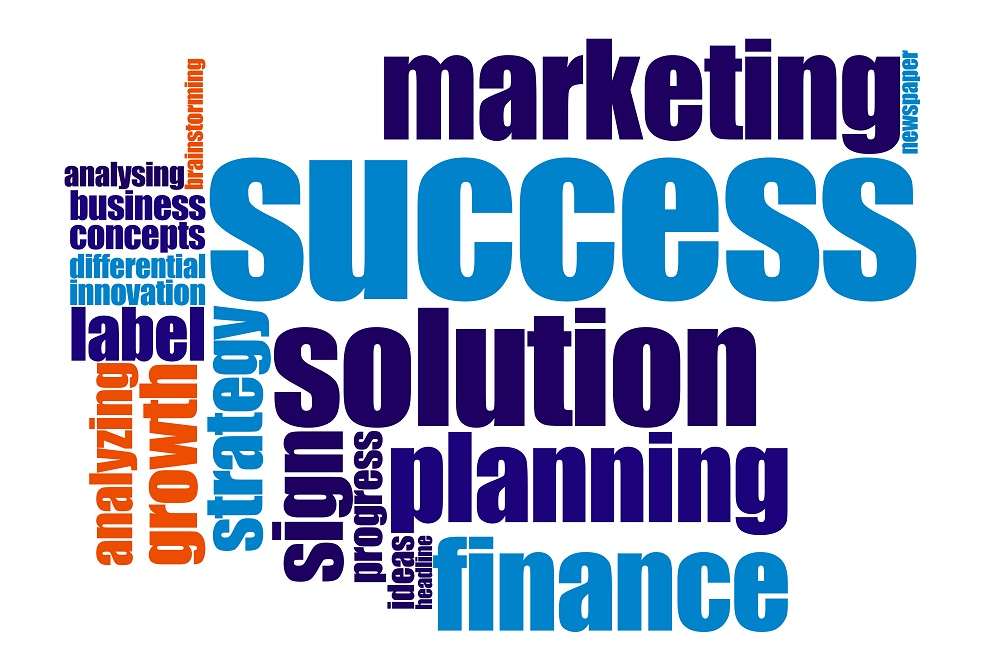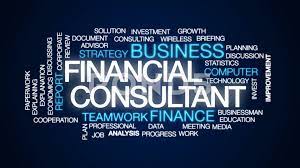
The consulting public sector consists of a diverse range of disciplines. These professionals consult governments on public policies, management, and many other topics. These services are offered by professional service providers. The public sector consultants assist governments, nonprofits, corporations in achieving their goals by offering their expertise across a range of topics. Here are some common areas they specialize in:
Project management is a discipline that can be found in the consulting and public sector.
Project management can be described as the art and science behind leading a team to achieve specific goals. This discipline follows well-established procedures, policies, and principles to implement a plan. It includes planning, executing, and measuring project results to achieve project goals. Project managers work to ensure that the project team's goals are met and the overall process is successful.
The first step in managing a project is to identify the problem and find a solution. It is important to determine the root cause of the problem before you can solve it. Treating the symptoms may only make the problem worse. To do this, project managers use tools that help them gather data and identify areas for improvement.

In the public sector, projects start with long-term planning. Planning must be approved by a variety of stakeholders before a project can begin. Some of these projects may be in-house or may go through a competitive bidding process. Larger public agencies often do more work in-house, while smaller agencies may need to outsource the majority of their work. Multiple bids can be evaluated by project managers from different consulting firms. They may also have a trusted consultant firm that they call when needed.
Context switching in day
Context switching refers to a phenomenon in which work is performed at a constant rate of change or "cruising velocity". This is the process of starting work without knowing all the details or concepts. This allows the worker maintain a steady pace of progress. There may be some slowing down or even a complete stoppage. This means that the impact of context switching on worker productivity can vary between tasks.
The performance of employees can be affected by context switching. However, it can also impact their personal and social lives. Some context switching can lead employees to feel fatigue which can affect their productivity.
Types of personality
Consulting in the public sector requires a different type of personality than consulting in private sectors. In this job, you must be able to work with people of different personalities and understand how their differences can benefit your firm. Understanding the differences between people will allow you to guide your team toward a common vision while still supporting each person's needs. To accommodate diverse personalities, you will need to plan a flexible office layout.

These people are often ambitious and seek creative careers. They enjoy meeting people and making connections. They are also easily frustrated and restless. You must respect their space and not interfere with their work. They are also inclined toward a creative career, so they tend to spend too much time in their heads.
FAQ
Can consulting be considered a real job?
Consulting is not only a good entry-level job for people looking to make quick money.
Consulting can offer many career opportunities, such as project management and business development. It is possible to work on projects that range from small start ups to large, international corporations.
Consulting gives you the chance to grow and develop your skills. This could include learning to manage teams and write proposals, manage finances, analyze data, create presentations and conduct market research.
What are the benefits to being a consultant?
Consultants often have the option to choose when and what they do.
This means you can work whenever you like and wherever you wish.
You can also easily change your mind, without worrying about losing any money.
Finally, you can control your income and set your own schedule.
Are consulting incomes subject to tax?
Yes. You will have to pay taxes on your consulting profits. The amount you earn depends on your annual income.
If you're self-employed, you can claim expenses on top of your salary, including rent, childcare, and food.
You can't deduct the interest on loans, vehicle damage, or equipment costs.
If your annual income is less than PS10,000, you can only claim 25% back.
However, even if your earnings exceed this threshold you may still be subject to tax depending on whether or not you are a contractor or an employee.
The tax system for employees is PAYE (pay-as-you earn), while VAT is applied to contractors.
What kind of contracts can consultants sign?
Most consultants sign standard employment deals when they're hired. These agreements outline how long the consultant will work for the client, what he/she will get paid, and other important details.
Contracts can also indicate the areas of expertise that the consultant will concentrate on and the compensation they will receive. One example is that the agreement may specify that the consultant provides training sessions and workshops, webinars, seminars, or other related services.
Sometimes, the consultant just agrees to complete certain tasks within a defined timeframe.
Many consultants also sign independent contractor agreement in addition and standard employment agreements. These agreements allow the consultant not only to work for himself/herself but also provide payment.
Which industries use consultants
There are many different types. There are many types of consultants. Some specialize in one type of business, while others can handle multiple areas.
While some consultants only work for private companies, others represent large corporations.
Some consultants can also help businesses all around the globe.
Statistics
- Over 62% of consultants were dissatisfied with their former jobs before starting their consulting business. (consultingsuccess.com)
- So, if you help your clients increase their sales by 33%, then use a word like “revolution” instead of “increase.” (consultingsuccess.com)
- According to statistics from the ONS, the UK has around 300,000 consultants, of which around 63,000 professionals work as management consultants. (consultancy.uk)
- My 10 years of experience and 6-step program have helped over 20 clients boost their sales by an average of 33% in 6 months. (consultingsuccess.com)
- According to IBISWorld, revenues in the consulting industry will exceed $261 billion in 2020. (nerdwallet.com)
External Links
How To
How do I find a good Consultant?
Understanding your needs is the first step to finding the right consultant. Do you want them to help you improve your website's performance? Do you want them to optimize your site to rank higher in search engines? You might also want someone to help you determine if your hosting provider is in trouble. Once you know what type of services you need, you should start looking at different companies. While there are many consultants that claim to be able provide these services for you, not all of them will. How do you choose the right consultant? These are some things you should consider when choosing a consultant.
-
Ask for referrals. This is probably the best way to choose a consultant. You don't want to hire someone you've never heard of before because you'll likely pay too much. However, you shouldn't work with someone with poor reputations. If you're lucky enough to get referrals from people you trust, then great! However, even if this is not possible, you might still be able check reviews online. Seek out testimonials from satisfied clients.
-
Ask around. Many people are not aware of the benefits of hiring a consultant. They think that since they're currently doing fine, they don't need to make changes. This is often incorrect. Even if you are seeing great results, it is likely that you have not been keeping up to date with technology and trends. Your business could be missing out if it relies on outdated methods. It's always worth asking around to see if anyone knows of a good consultant.
-
You should verify their qualifications. You don't need to worry about whether they are building a website or an eCommerce store worth millions. You must ensure they have the necessary skills and qualifications to carry out the tasks.
-
Find out what kind of projects they specialize in. You might think that everyone can handle all projects, but this is false. Some areas require specific types of training or education. You won't hire a Drupal developer if you need to build a WordPress template. The same applies to programming languages, graphic design and other areas. Ask what projects they usually work on.
-
You should know their prices. You don't want a consultant who charges too much. You don't necessarily want to pay too low, but you shouldn't either. Consultants come in all shapes and sizes. There are some that charge an hourly fee, while others may bill per job. This will help you save money in the long-term.
-
Know what they offer. Do they offer free consultations? Will they give you advice on how to set up your own system? Do they promise that your site will rank higher once you have worked with them? You have the right to cancel at any time if you aren't satisfied with what was said during your consultation.
-
Find out if the company offers discounts for several months or years. Many consultants offer discounted pricing for extended time periods. It is not necessary to commit to an entire year. However, you could still benefit from any deals offered by the consultants.